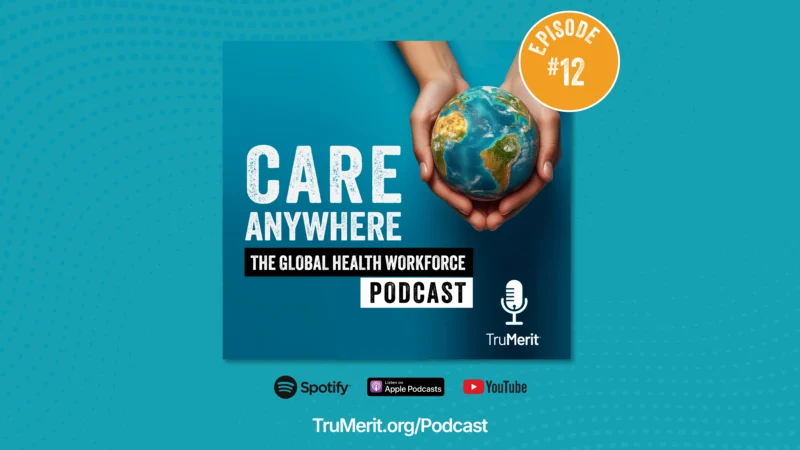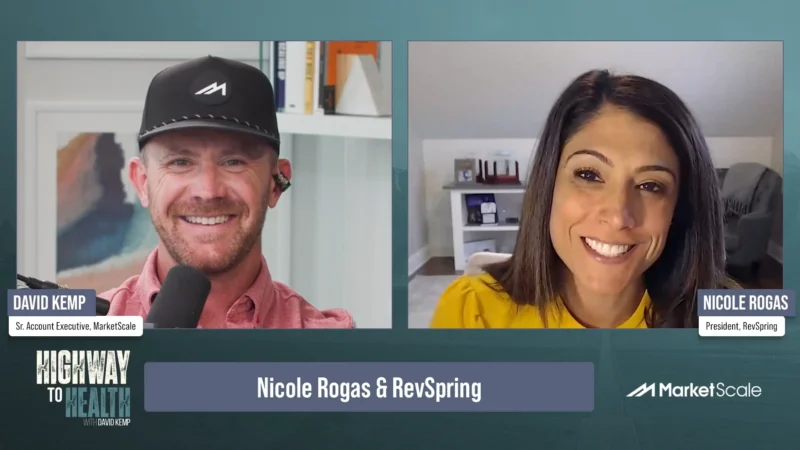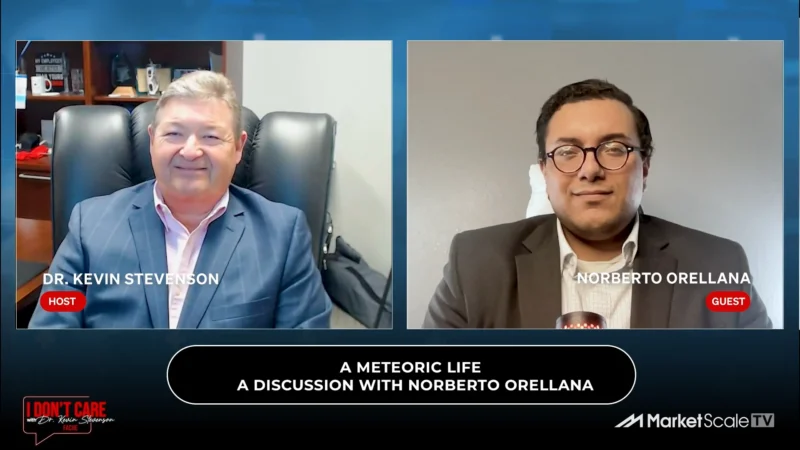Demystifying Self-Funded Benefits Can Forge a New Path for Employers
Healthcare costs are skyrocketing in the U.S., placing significant pressure on both businesses and individuals. With health insurance premiums on the rise, businesses are searching for innovative solutions to manage these escalating expenses. As traditional fully-insured models become less sustainable, more employers are turning to self-funded benefits as a way to take control of their health care spending.
But what does self-funding really entail, and how can it help employers navigate the ever-changing health care landscape and provide greater control over costs while improving care outcomes for employees?
On the latest episode of “Highway to Health,” host David Kemp spoke with Spencer Smith, Senior Vice President of Consultant Development at ParetoHealth, to break down the intricacies of self-funding and what it means for companies of all sizes.
Key Highlights from the Conversation:
- The fundamental differences between self-funding and traditional health insurance, focusing on how self-funded plans offer employers more flexibility in managing their health care dollars.
- The importance of employers gaining access to comprehensive health data to make informed decisions about their health care spending, and how self-funded plans can provide this crucial transparency.
- The pivotal role of consultants in guiding businesses through the transition to self-funding, ensuring they make the right strategic choices to balance cost control with employee well-being.
Spencer Smith is the Senior Vice President of Consultant Development at ParetoHealth, where he is a leading voice in educating employers on innovative healthcare financing strategies. Smith has a background in consulting and sales training. He also helps businesses understand and implement self-funded benefits models. He also hosts his own podcast titled, Self Funded with Spencer, where he explores the evolving landscape of healthcare.
Article by Alexandra Simon.




